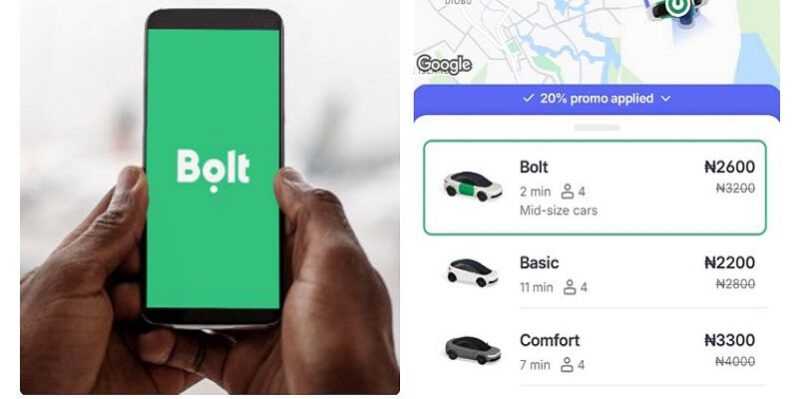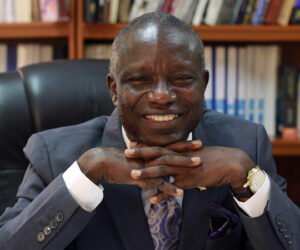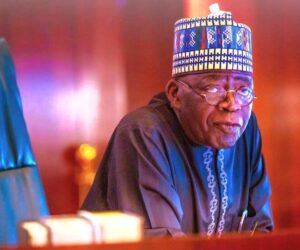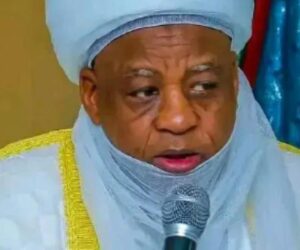e-Hailing drivers in Rivers state, under the aegis of the Amalgamated Union of App-based Transporters of Nigeria (AUATON), have resolved to demand a 50 per cent price increase on every trip accepted on the Bolt app.
This was disclosed in a statement by the state task force chairman of the union, Comrade Dennis. According to him, the resolution became imperative after Bolt, the leading ride-hailing app in the state, reduced fares while increasing its commission.
He added that the only time drivers would not increase their fares is if there is a huge surge, which usually translates to improved fares.
“All E-hailing drivers in Port Harcourt have collectively agreed to add 50% to all ride fares, except when there is a 1.5x surge and above on the app. Drivers bear the full cost of operations, including the car, data, call card, fuel, maintenance, and the numerous risks involved in every trip, without any contribution or support from Bolt apart from connecting drivers to riders. We therefore appeal to all riders (passengers) to kindly cooperate and support this resolution, as it is aimed at ensuring fair compensation and sustainability for drivers,” Comrade Dennis said.

Justifying the resolution to hike fares, the task force leader explained that under the administration of former President Muhammadu Buhari, a litre of fuel sold for less than ₦400, and a trip from GRA to Choba cost about ₦2,500–₦3,000.
Today, under the administration of President Bola Tinubu, fuel sells for ₦900 per litre, yet the same trip costs just ₦2,700–₦3,500.
See also: How Bolt, Uber drivers in Abeokuta renegotiate app prices by over 100%
He also made a case about the rising cost of spare parts, noting that the least brake pad, which sold for ₦1,500–₦1,800 in 2023, now costs about ₦7,000–₦8,000.
The task force also called on Bolt and other e-hailing platforms operating in the state to reduce their commission from over 25 per cent to 10 per cent for drivers to resume using the in-app fare rates.
The 50 per cent fare increase was also affirmed to Technext by the Rivers state chairman of the union, Comrade Amos Omoruyi, who expressed his full support for the collective action.
“The decision to apply a 50% fare adjustment is a fair, reasonable, and united step towards sustainability and economic balance for all drivers in Rivers State. We appeal to the good people of Port Harcourt, our esteemed riders and passengers, to understand and support this decision, as it is not a protest, but a survival measure driven by the realities of today’s economy,” the state chairman said.


He also called on Bolt, inDrive, and other E-hailing companies to revisit their current commission structure and reduce it from over 25% to a more just 10%, in the interest of fairness and continued partnership with Nigerian drivers.
Bolt, Rivers state drivers and offline negotiations
The resolution by drivers in Rivers is the latest in a recurring squabble over who should set the fares for a trip. While the app companies insist it is their prerogative, the drivers argue that the companies are merely aggregators for drivers and passengers.
So, if they merely act as a marketplace for seekers and providers of service to meet, why should they have the power to set prices? This is coupled with the fact that drivers independently provide all the resources. required to complete each trip.
And, this conflict is widespread.
Recall that last year, e-hailing drivers in Abuja released a document detailing their own new price per kilometre, pegging it at 450 naira. This year, Technext reported how e-hailing drivers in Abeokuta are raising fares by as much as 200 per cent. One of the drivers explained that Uber and Bolt’s pricing model for the city does not allow the drivers to make sufficient revenue to cover their operational costs.
“I barely make N20,000 on an average day. And, I am expected to fuel the car, maintain it and take care of myself from that. This month alone, I spent over N80,000 on replacing shock absorbers alone”, he explained.
See also: Bolt drivers charging extra fares from passengers not fraudulent – AUATON
Recently, the chairman of the Rivers state AUATON, Amos Omoruyi, declared that Bolt drivers charging extra fares from passengers should not be described as fraudulent. According to him, the claims are not only false but are designed to malign drivers and bring them into disrepute.


He further asserted that e-hailing apps like Bolt have not significantly adjusted their fares since the removal of the fuel subsidy in 2023. This is even though the cost of vehicle maintenance, fuel, spare parts, and general living expenses has skyrocketed in the meantime.
Consequently, many drivers have been forced out of the business because it is no longer sustainable under the company’s current pricing model. Rather than quit, other drivers took it upon themselves to keep making ends meet by negotiating their own fares.
“It is therefore important to make it clear: drivers are not fraudulent. They are fathers, mothers, youths, and breadwinners struggling to survive and sustain their families. The occasional request for top-ups is a direct consequence of Bolt’s refusal to implement fair and sustainable fares that reflect the true market realities,” he said.








